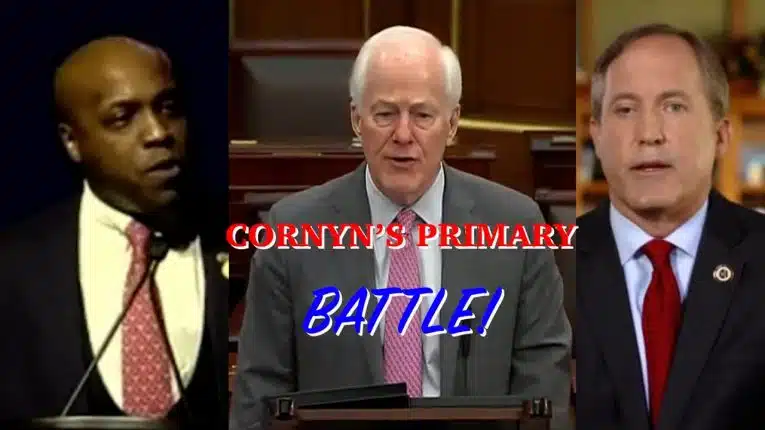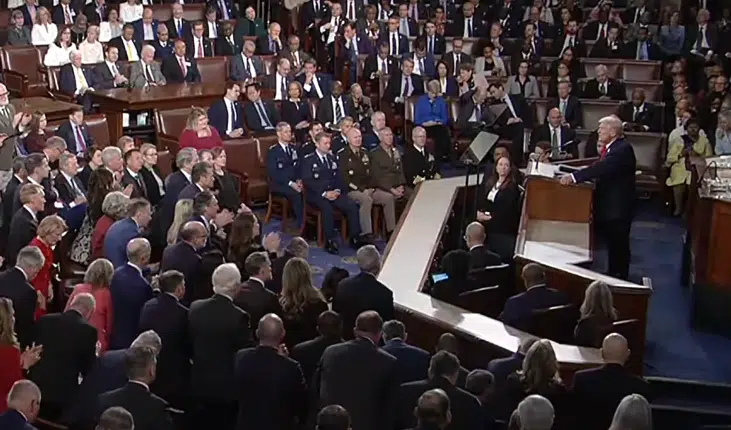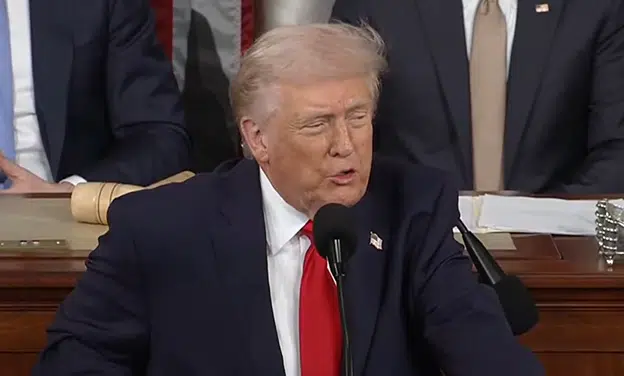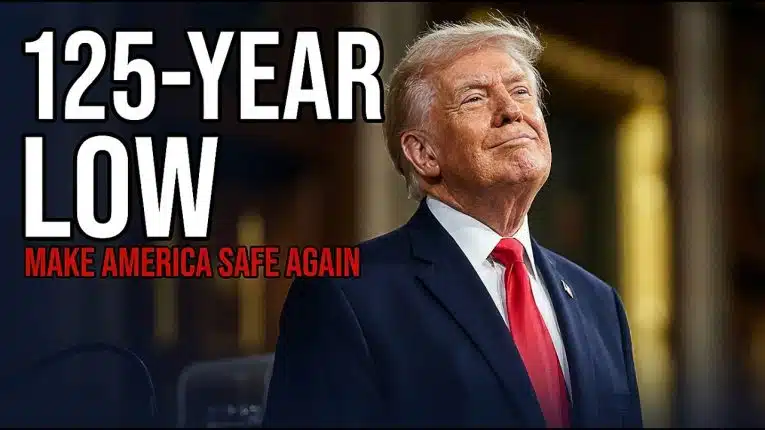By ALG News –
 As the national political media rightly shifts its attention to Barack Obama’s choice to fill the Supreme Court seat being vacated by Justice John Paul Stevens, a Senate Judiciary Committee hearing on Friday, April 16th for another controversial nominee should still garner the attention of those reporting upon the transformation of the Constitution from “a charter of negative liberties” into one that would “bring about redistributive change.”
As the national political media rightly shifts its attention to Barack Obama’s choice to fill the Supreme Court seat being vacated by Justice John Paul Stevens, a Senate Judiciary Committee hearing on Friday, April 16th for another controversial nominee should still garner the attention of those reporting upon the transformation of the Constitution from “a charter of negative liberties” into one that would “bring about redistributive change.”
Those words were uttered by none other than Barack Obama, then an Illinois State Senator, in a 2001 WBEZ public radio interview. At the time, Obama regretted that the Warren Court had proven unable to “break us free from the essential constraints that were placed by the Founding Fathers in the Constitution” and had “never ventured into the issues of redistribution of the wealth and sort of more basic issues of political and economic justice in this society.”
Such is Obama’s judicial philosophy, and no other statement of his gives the American people a clearer window into how he views the role of federal courts, which would, necessarily, venture into those issues.
It also offers a window into what sorts of nominees he would seek for the bench.
In that spirit, one needs to look no further than Obama’s nomination to the 9th Circuit Court of Appeals, Goodwin Liu, for a better representative of that way of thinking. It is a doctrine of “welfare rights” and redistributionism. It is a philosophy that would take federal courts from a venue that adjudicates government infractions of constitutional rights into one where individuals could sue the government denying “entitlements” like health care or education, as ALG News has previously reported.
It is a dangerous, Marxist ideology that would redistribute wealth and property to the politically-favored as a matter of right. In the words of Marx, the promise of “from each according to their ability, to each according to their need” would be fulfilled — by judicial fiat.
In a 2008 Stanford Law Review article, “Rethinking Constitutional Welfare Rights,” Liu discusses at length the concept of judicially-imposed “welfare rights.” Liu believes that persons possess a right to certain goods and services based upon a societal consensus of “how a society understands its obligations of mutual provision.” Then, based upon that consensus, “judicial recognition of welfare rights is best conceived as an act of interpreting the shared understandings of particular welfare goods as they are manifested in our institutions, laws, and evolving social practices.”
So, since the government subsidizes housing, that could mean courts could one day get in the business of forcing legislatures or Congress to allocate funds for “affordable” housing. Or since the health care system has now been taken over, individuals could sue for wider ranges of benefits. Already, the 9th Circuit Court of Appeals has controversially ruled that California must not “[reduce] payments to doctors and hospitals, saying federal law required states to maintain ‘equal access to basic health care’ for the poor.”
Or, take Connecticut, where on March 22nd, the State Supreme Court ruled that the State Constitution “guarantees students in our state’s public schools the right to a particular minimum quality of education.”
This is how Liu would rule, and these are the sorts of decisions that one should expect from other Obama judicial nominees. Liu explained how the Supreme Court may be perverted even further, “Some day yet, the Court may be presented with an opportunity to recognize a fundamental right to education or housing or medical care. But the recognition, if it comes, will not come as a moral or philosophical epiphany but as an interpretation and consolidation of the values we have gradually internalized as a society.”
In other words, the Supreme Court is a 5-4 decision away from upholding the 9th Circuit’s ruling on minimal levels of taxpayer funding for everything from health care, education, to housing and whatever else Congress perceives to be a “welfare right.”
That’s why Goodwin Liu matters. As the nation today takes focus on Barack Obama’s new choice for the Supreme Court, remember that the Liu nomination offers a window into what sort of nominee can be approved under the current constitution of the Senate, with 59 Senators who caucus with the Democrats. If Liu can be confirmed to the 9th Circuit by this Senate, then the sky’s the limit for Obama’s Supreme Court pick.






